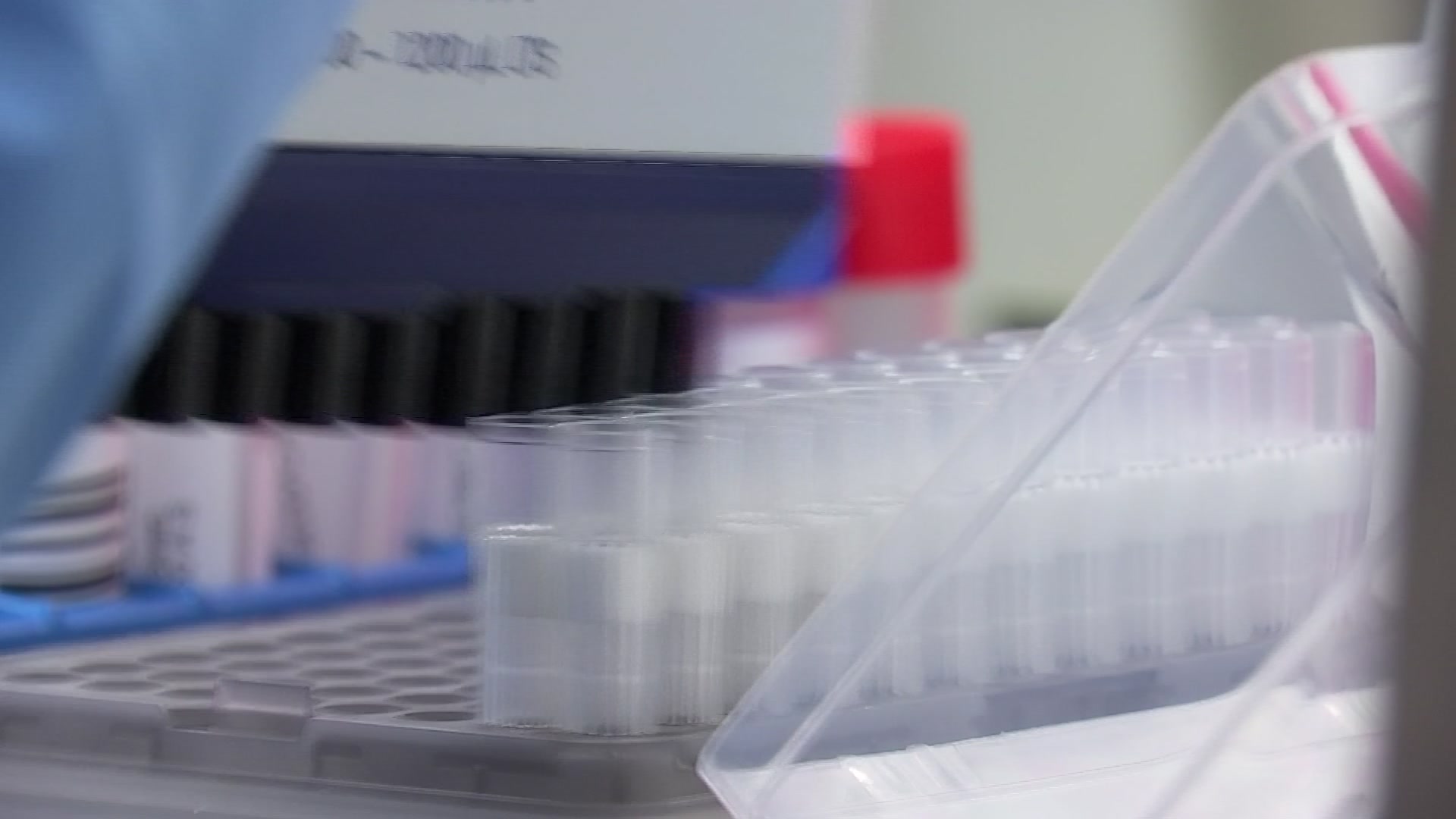With new omicron subvariants behind nearly all recent COVID cases in Illinois and other parts of the country, many might be unsure if their symptoms are long-lasting, if they're experiencing a new infection or if it's not COVID at all.
Currently, the highly contagious BA.4 and BA.5 omicron subvariants account for most reported cases this summer.
Those subvariants have caused more upper respiratory, cold and flu-like symptoms, according to Chicago's top doctor, including fever, night sweats and sore throat. Some patients, though not all, are again experiencing a loss of taste and smell.
Chicago Department of Public Health Commissioner Dr. Allison Arwady said some might continue experiencing some symptoms well after their isolation period has ended, and it can be hard to determine what exactly is behind it.
Feeling out of the loop? We'll catch you up on the Chicago news you need to know. Sign up for the weekly Chicago Catch-Up newsletter here.
"Always my recommendation is going to be to talk to your doctor, your health care care provider who knows your whole history. I don't want people thinking, 'Oh, I've had, you know, this terrible chest pain going on for four weeks and it's all related to COVID.' Like, go see your doctor if something doesn't seem right," she said. "But if you're mostly feeling well, especially if what is still kind of lingering is a cough - a little bit of cough tends to be the last thing to go away after any virus - it is unlikely that you are still spreading disease, you know, out two weeks later."
Arwady noted that while it can be challenging to determine if symptoms like congestion are allergy flare-ups or lingering COVID, some may choose to take an at-home COVID test before leaving isolation.
"Some people have been using home testing to add an additional level of comfort to that," she said. "I want to be very clear that if you go and get a formal test, a PCR test, that can stay positive for weeks sometimes after you've had COVID because it's so sensitive, it can pick up even dead virus, little amounts of virus. So... those at-home tests can give you another level of support and if you are, you know, at 14 days out and you're still like, 'I don't know, I'm still not feeling that well,' you know, if possible, when you're not feeling well, limit your interactions, definitely wear the mask, but also you can take a COVID test and if it is negative, that's another piece of information that suggests you're very unlikely to be contagious at that point."
The latest variants tend to sit in the nasal passage and cause infection, Arwady said, instead of settling in the lungs.
Some doctors and researchers believe that because these new variants spread so rapidly, they more commonly impact mucosal immunity as opposed to longer-lasting immunity.
The U.K., where BA.4 and BA.5 infections also account for the majority of recent COVID cases, reported runny nose, sore throat, headache, persistent cough and fatigue as its most common symptoms last week.
Less than one-third of people surveyed reported fevers, according to data from the Zoe COVID Symptom Study, which allows people to self-report symptoms through smartphone apps. The symptoms are consistent with those reported in the spring, when the BA.2 subvariant was dominant in the country.
According to the University of California Davis Health, the reported symptoms of BA.5 are similar to previous COVID variants: fever, runny nose, coughing, sore throat, headaches, muscle pain and fatigue. At this point, there doesn't appear to be a difference in the symptoms seen in BA.4 or BA.5 cases, compared to earlier omicron strains.
David Montefiori, a professor at the Human Vaccine Institute at Duke University Medical Center, told NBC News that BA.4 and BA.5 are about three times less sensitive to neutralizing antibodies from existing COVID vaccines than the original version of the omicron variant, BA.1. Additional research suggests that BA.4 and BA.5 are four times more resistant to antibodies from vaccines than BA.2. That subvariant replaced omicron as the U.S.'s dominant version of the coronavirus in April.
The European Medicines Agency’s Marco Cavaleri said that while there is no evidence the variants make people sicker, “the increase in transmission among older age groups is starting to translate into severe disease.”
The best way to prevent new variants, doctors say, is to get vaccinated and booster shots. If more people are fully vaccinated, the opportunity for the virus to spread and mutate decreases, they contend.



